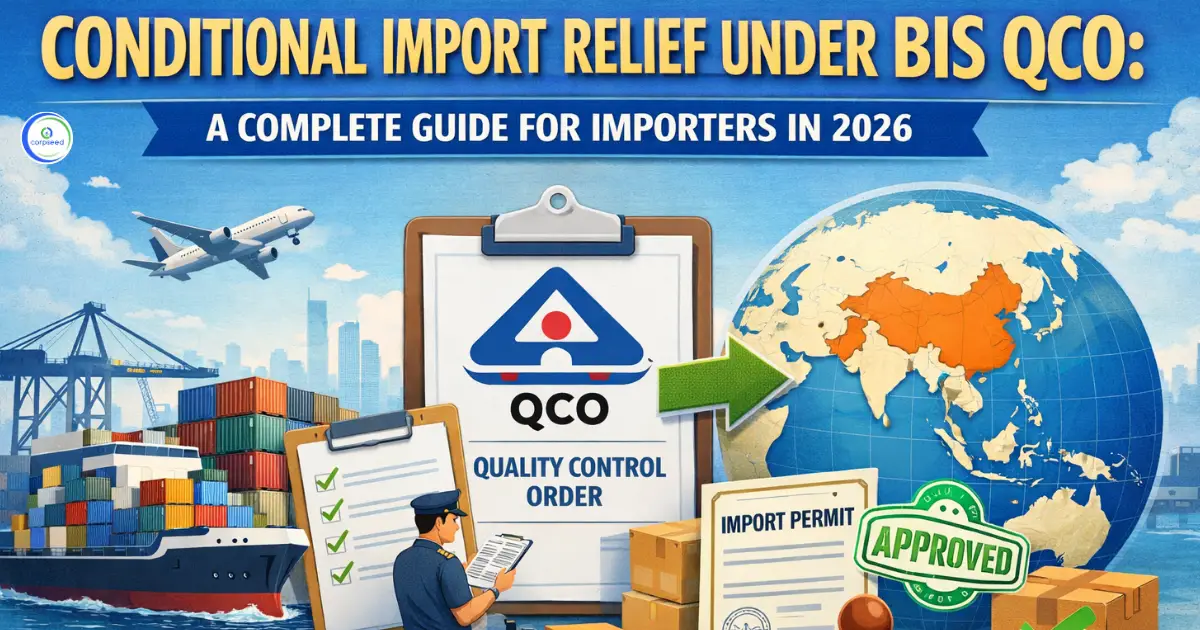In recent years, the Government of India has taken significant steps to improve the quality and reliability of materials used in various industries. One such measure is the Tin Ingots (Quality Control) Order, 2025, which seeks to regulate and standardize the production of tin ingots in the country. This rule, introduced by the Ministry of Mines, ensures that tin ingots meet strict quality standards set by the Bureau of Indian Standards (BIS). As a critical component in many industrial applications, maintaining high-quality tin ingots is crucial for ensuring the smooth operation and safety of production processes in the fields.
Table of Contents
--------------Blog Contact Form-------------
What is the Tin Ingot (Quality Control) Order, 2025?
The Tin Ingots (Quality Control) Order, 2025 is a regulation that mandates compliance of tin ingots with specific quality standards set by the Bureau of Indian Standards (BIS). As a critical raw material for industries such as electronics, packaging, and manufacturing, it is essential that tin ingots meet the quality specifications set to ensure their reliability and efficiency in production processes. Under this order, tin ingots for domestic consumption should be manufactured as per Indian Standard IS 26:2024. BIS certification ensures that these ingots meet stringent quality criteria, providing reassurance to manufacturers and consumers alike. The order will come into force six months after the date of publication, giving manufacturers ample time to adjust their operations and secure the necessary BIS registration for their products.
Key Components of the Tin Ingot (Quality Control) Order, 2025
The key components of the Tin Ingot QCO, 2025 are:
- Short Title and Commencement: The order is officially titled the Tin Ingot (Quality Control) Order, 2025, and it will come into effect on October 17, 2025. This provides a six-month transition period for manufacturers to comply with the new requirements.
- Application: The order applies to tin ingots meant for domestic use. Products intended for export are not subject to this regulation, as they are governed by international standards that may differ from domestic ones.
- Compulsory Use of the Standard Mark: A key feature of the Tin Ingot (Quality Control) Order, 2025 is the mandatory requirement for all tin ingots to bear the Standard Mark issued by the BIS. To use the Standard Mark, manufacturers must obtain a BIS certification through BIS registration, which guarantees that the tin ingots meet the required quality standards specified in IS 26:2024 titled Tin Ingot - Specification.
- Certification and Enforcement Authority: The Bureau of Indian Standards (BIS) will be responsible for the certification and enforcement of the regulations laid out in the order. The BIS will oversee the testing, inspection, and certification of tin ingots, ensuring that only products that meet the prescribed standards are available in the market. The BIS certification is a vital component in maintaining the integrity and reliability of tin ingots in the domestic supply chain.
Also Read: Hinges (Quality Control) Order, 2025: A Major Milestone in Enhancing Product Durability and Safety
Benefits of the Tin Ingot (Quality Control) Order, 2025
The Tin Ingot (Quality Control) Order, 2025 offers numerous benefits to both the industry and the public. The mandatory BIS certification and BIS registration process play a crucial role in ensuring high-quality standards for tin ingots. Here are some key benefits:
- Improved product quality: The mandatory compliance with IS 26:2024 guarantees that all tin ingots produced for domestic use meet high-quality standards. Manufacturers must obtain BIS certification before their products can be marketed, ensuring that only reliable, high-quality tin ingots reach consumers.
- Consumer confidence: With the requirement for BIS certification and the presence of the Standard Mark on tin ingots, consumers can be confident that the products they purchase meet stringent quality requirements. This reduces the risk of substandard or faulty products entering the market, ultimately enhancing consumer protection.
- Boost to domestic manufacturing: The introduction of these regulations provides an opportunity for domestic manufacturers to improve their product offerings. By adhering to national quality standards and obtaining BIS certification, Indian manufacturers can enhance their reputation for producing high-quality tin ingots, which can also open doors for international trade.
- Increased industrial efficiency: High-quality tin ingots lead to better outcomes in industries that depend on them. When manufacturers use certified products that meet the IS 26:2024 specifications, they experience fewer production defects, reduced waste, and overall better efficiency in their operations.
- Environmental and safety benefits: The order also aligns with safety and environmental regulations, ensuring that tin ingots are produced following proper practices. Manufacturers that adhere to BIS registration and certification processes are more likely to follow sustainable and environmentally responsible practices, reducing the potential for harm to workers and the environment.
Conclusion
The Tin Ingots (Quality Control) Order, 2025 is a forward-thinking regulation that seeks to improve the quality of tin ingots produced and sold in India. By mandating BIS certification and BIS registration, the government ensures that only products that meet the highest standards of quality and safety are allowed to enter the market. This not only protects consumers but also enhances the reputation of Indian manufacturers, enabling them to compete more effectively in both domestic and international markets. With the implementation of this order, industries that rely on tin ingots can expect better quality materials, better efficiency and a stronger supply chain. As the order comes into force in October 2025, manufacturers are encouraged to secure their BIS registration and ensure that their products comply with the required standards, laying the groundwork for a more reliable and competitive tin market in India.
This portion of the site is for informational purposes only. The content is not legal advice. The statements and opinions are the expression of author, not corpseed, and have not been evaluated by corpseed for accuracy, completeness, or changes in the law.
BOOK A FREE CONSULTATION
Get help from an experienced legal adviser. Schedule your consultation at a time that works for you and it's absolutely FREE.



_Amendment_Order_2026_New_Compliance_Rules_Corpseed.webp)



.webp)

